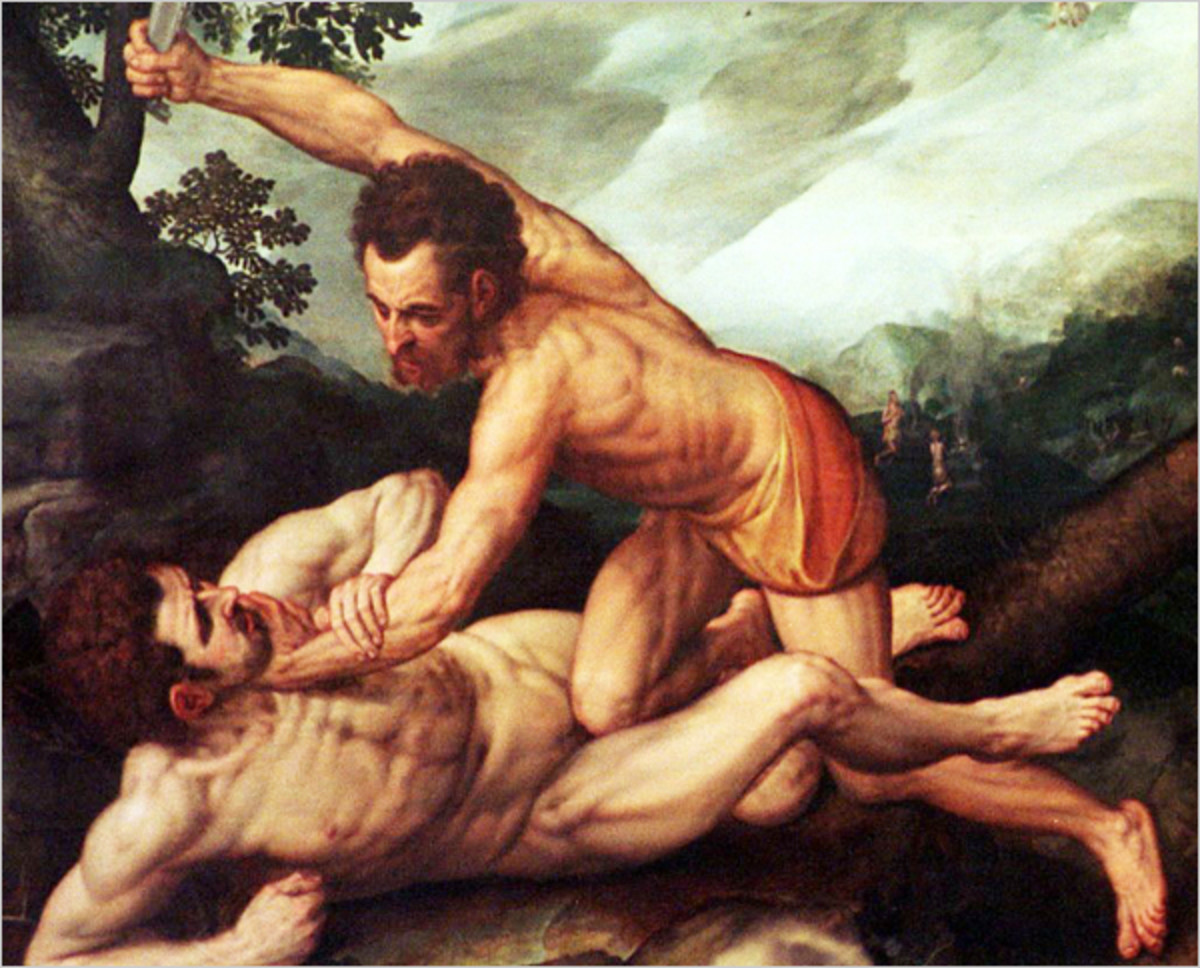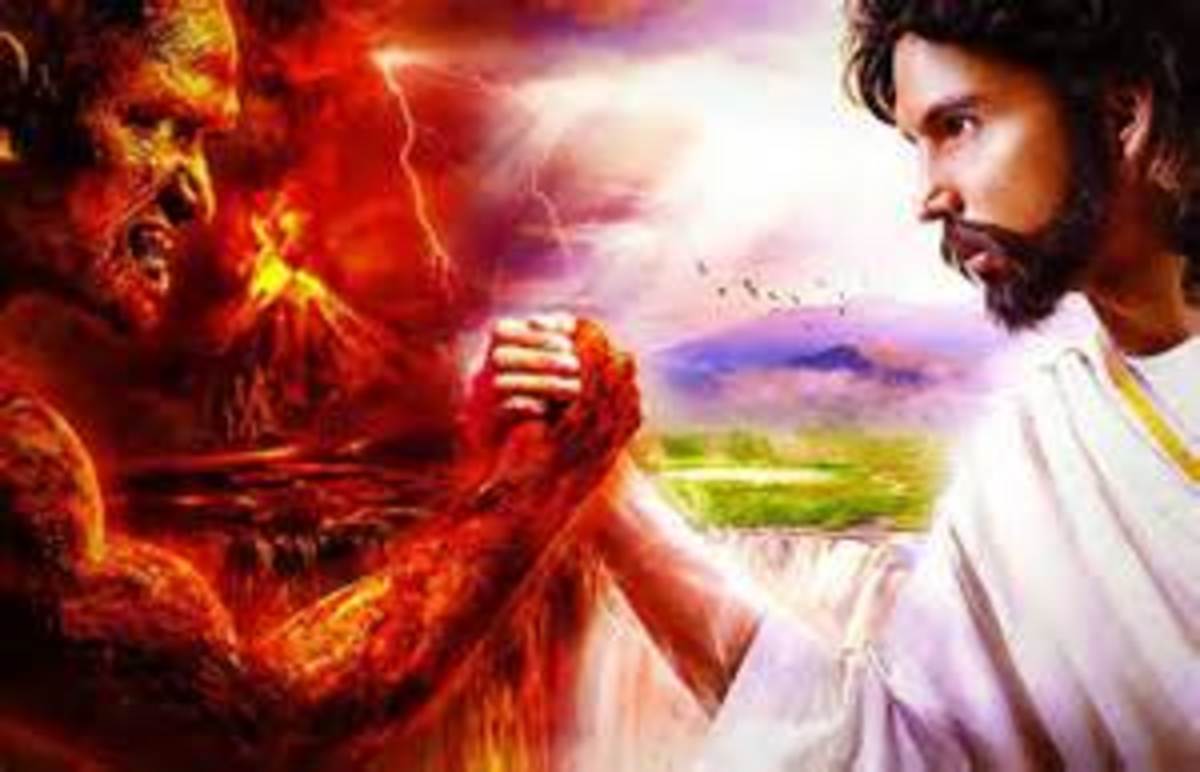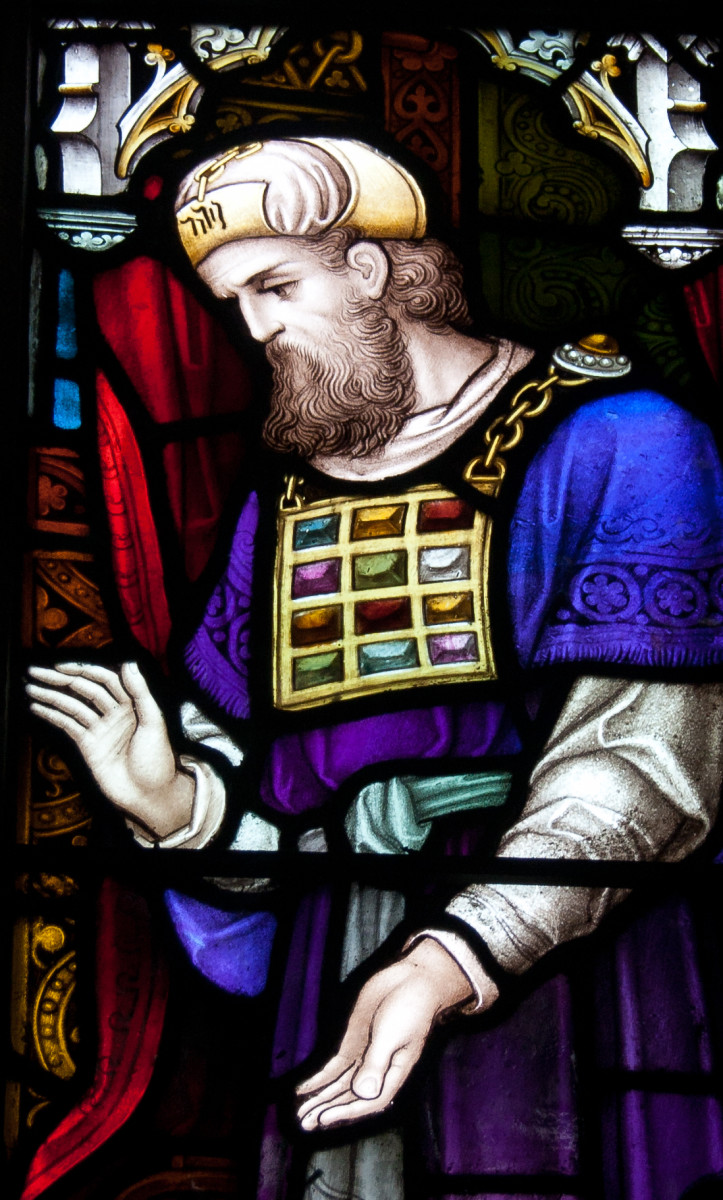Bible: What Does Numbers 17-20 Teach Us About Election, Consecration, and Consequences of Disobedience?
Blossoming Almond Tree

Aaron's Rod Blossoms
Yahweh commands Moses to obtain one rod from each father’s house, write the name of the head of the family on the rod, and place the twelve rods (with Aaron’s) before the Testimony (vv. 1-4).
To eliminate Israel’s complaints, the LORD will cause the rod of the man whom he chooses to blossom (v. 5).
Both Moses and the leaders obey God’s directives (vv. 6-7).
When Moses discovers that Aaron’s rod has blossomed and produced ripe almonds, he first shows the leaders and then (at Yahweh’s command) places the rod back before the Testimony, to be kept as a sign against any future rebels (v. 10).
This miracle certainly has its desired effect, causing Israel to fear transgressing God’s order (vv. 11-13).
Aaron, the High Priest
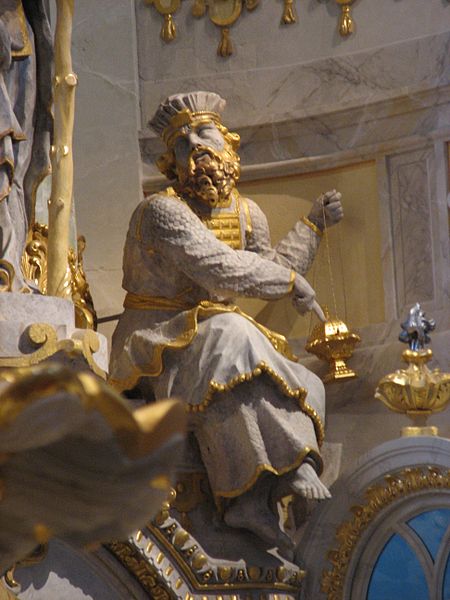
The Aaronic Priesthood and the Levites
Numbers 18
Yahweh now speaks to Aaron about his duties and those of the Levites.
As for Aaron and his sons, they will suffer chastisement (“bear the iniquity”) if they perform their work poorly (v. 1).
Only the Levites (no outsiders) will serve them, attending to their needs and those of the tabernacle, but the Levites must not approach the articles of the sanctuary and the altar (vv. 2-4).
Both Aaron and the offender will die if the latter transgresses (v. 3).
[Much of this instruction reiterates Numbers 3].
Heave Offering to Aaron
view quiz statisticsResponsibility of Levites
Levites are Yahweh’s gift to Aaron to do the duties of the sanctuary and the altar; Aaron’s priesthood duties—a gift for service—reside at the altar and behind the veil (vv. 5-7).
For sustenance the LORD allows Aaron custody of “heave offerings”; he and his sons must eat these various holy gifts in a holy place (vv. 8-10).
He may share the wave offerings with his whole family (including his daughters), provided that everyone is clean (v. 11).
Aaron and his family receive all the best products: oil, new wine, grain, first fruits, and the firstborn of man and beast; the firstborn of man and unclean animals he must redeem, of course [vv. 12-15].
[To redeem “devoted” animals he must pay five shekels of silver each, and each animal must be one month old (v. 16).
Clean, firstborn animals, however, cannot be redeemed, for they are holy; though Aaron may eat their flesh, he must first perform the prescribed ritual (vv. 17-18)].
Apparently, Aaron’s daughters may also partake of heave offerings (v. 19; cf. 18:8).
God makes this “covenant of salt” with Aaron to provide for him and his family, since Aaron has no inheritance in the Land, except the LORD (v. 20).
In return for their tabernacle service and in lieu of an inheritance in the Land, the Levites receive Israel’s tithe (vv. 21-24; cf. Heb. 7:5).
No one but the Levites must come near the tabernacle of meeting (v. 22).
For their part, the Levites must give to Aaron a tithe of Israel’s tithe as a heave offering (vv. 25-28).
They must give the best tenth, the consecrated part, to the LORD (v. 29).
After they have offered the best, they may eat the rest wherever they wish (vv. 30-32).
The Red Heifer
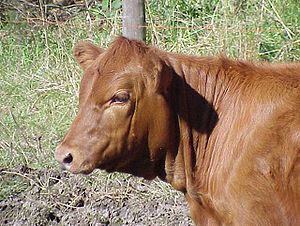
Laws of Purification
Numbers 19
Yahweh explains a law of purification which involves the slaughter of an unblemished, never-been-yoked, red heifer outside the camp, yet in Eleazar’s presence (vv. 1-3).
The priest must sprinkle its blood seven times before the tent of meeting, and witness the heifer’s complete consumption in flames (vv. 4-5).
He must also burn the implements he uses for purification purposes (v. 6).
Then he and the one who burns the heifer must bathe themselves, wash their clothes, and remain unclean until evening (vv. 7-8).
The one who gathers the ashes of the heifer and stores them outside the camp in a clean place must wash his clothes and be unclean also (vv. 9-10).
These ashes mixed with running water Israel uses for ceremonial purifications of sin (vv. 9,10b, 17; cf. Heb. 9:13-14).
Those who
(1) touch a dead individual, who
(2) live in or enter the tent of someone who dies or who
(3) touch a bone of a man or of a grave are all unclean for a week (vv. 14-16).
Clean persons must sprinkle such individuals with the water of purification run through the ashes on the third and seventh day of his week of uncleanness (vv. 17-19a).
On the last day the unclean person becomes clean again (v. 19b).
One who does not follow this ceremonial cleansing ritual Israel must “cut off” because he defiles the LORD’s sanctuary (v. 20).
Uncleanness is contagious (vv. 21-22).
Moses' Disobedience
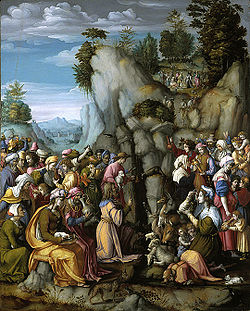
Locations of the Deaths of Moses' Siblings
view quiz statisticsMoses Strikes the Rock/Miriam and Aaron Die
Numbers 20
Another “first month” passes, and Israel is wandering in the Wilderness of Zin in Kadesh (v. 1a).
Not only does Miriam die there, but the people again have no water (vv. 1b-2a).
They contend with Moses and Aaron about this condition and about their general status, believing that the leadership has reneged on their promise to lead them into a Land of plenty (vv. 2b-5).
As always, Moses and Aaron take the complaint before God, falling on their face before Him (v. 6a), and Yahweh’s shekinah appears to them (v. 6b).
The LORD commands Moses to take his rod, gather Israel together, speak to a certain rock—probably a gigantic landmark—and He will cause water to gush forth from it (vv. 7-8).
Moses rebukes the rebels, but then uncharacteristically reacts, proudly striking the rock twice in his disobedience to God’s word (vv. 9-11a).
Still, Yahweh graciously sends forth a miraculous flow of water for the people (v. 11b).
Afterwards, however, he forbids Moses and Aaron from leading the people into the Land because of their unbelief at the water of Meribah (Contention) [vv. 12-13].
When Moses desires to take a short-cut through Edom, the king of that land refuses him permission, even after Moses humbly pleads with him and pledges not to touch anything belonging to him (vv. 14-18).
The “children of Israel”—perhaps representatives from the twelve tribes—now step forward with the same promise, but Edom’s ruler again refuses to allow passage.
Rather than contend with Edom’s army, Israel turns away from it and journeys on (vv. 19-21).
From Kadesh Israel travels to Mount Hor where Aaron dies, and Moses makes Eleazar the new high priest (vv. 22-26).
The whole congregation witnesses this “changing of the guard” (v. 27); Aaron dies on the mountaintop, and Israel mourns his passing for thirty days (vv. 28-29).
© 2014 glynch1

